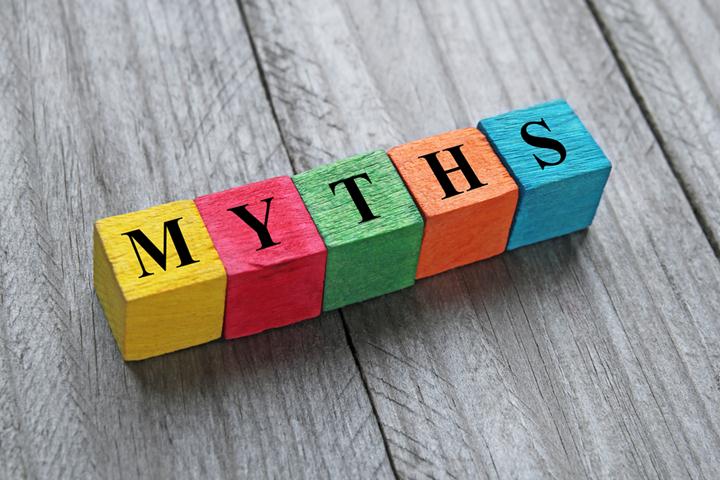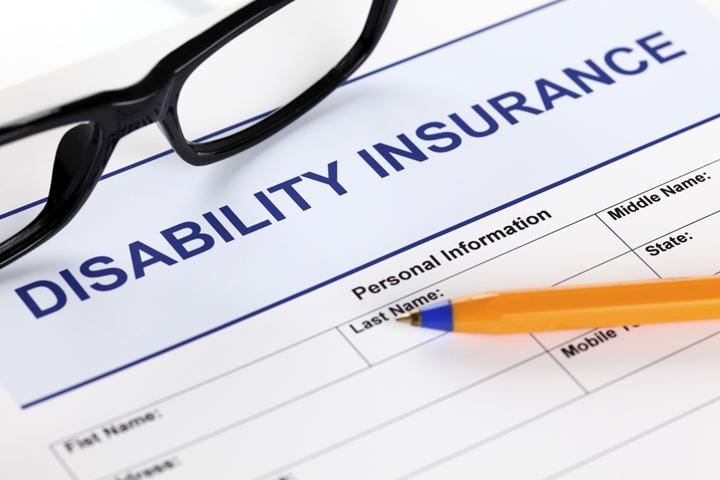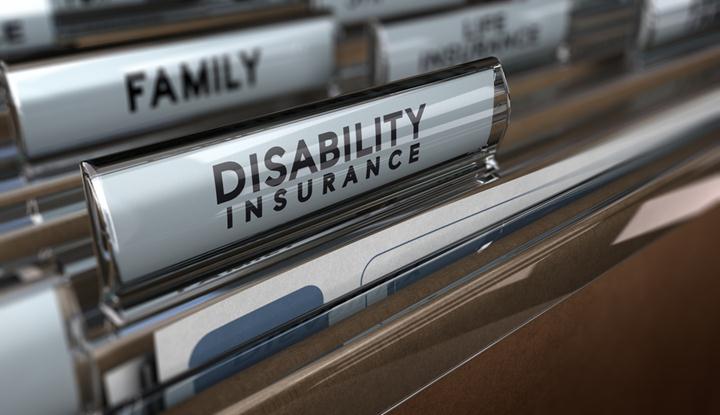Life is a journey full of ups and downs. Sometimes we enjoy a certain period of bliss only to be hit by a tragedy that completely knocks us off our feet. A good example is when you are earning a steady income from employment and an illness completely incapacitates you. Then, all of a sudden, you can no longer fend for yourself or your family. This is where disability insurance comes in. It keeps you afloat when the boat has sunk and you have nothing else to hold on to. It is therefore unfortunate that people base their decisions to purchase disability insurance on myths rather than actual facts. Some of these common myths are detailed below:
7 Common Disability Insurance Myths
- Will I ever need it? Most people assume that they don’t need this cover because they do not foresee any chance of ever being disabled. On the contrary, according to forbes.com, statistics from Social Security Administration have shown that a quarter of all 20-year-olds will become disabled at some point in their career. If anything, this more than justifies the need for disability insurance.
- I am covered by my employer. Most employers will purchase insurance covers for their employees in a bid to give them a safety net should anything happen to them. However, these covers usually come with their own limitations. For instance, Workmen’s Compensation usually covers loss of income resulting from illness or injury related to work. Unfortunately, most injuries and illnesses occur outside of work which most of the time leaves employees exposed. Additionally, a group disability policy is only viable under the current employer and ceases to be functional switching between companies.
- Workmen’s compensation will pay in full. This may be true if your company has WSIB coverage which, unfortunately, may not be the case for small companies. A Workmen’s compensation can only pay a percentage of your salary and for some additional expenses such as drugs and rehabilitation.
- The more the polices, the more I’ll be paid. It is important to note that disability policies are usually pegged on your income. This means that they have limits and might therefore not pay as much as you expect. It is not possible to increase the limits in these policies and cover is usually a percentage of your income.
- I am covered under Group Disability Insurance at work. It is important to understand the scope of cover provided by this type of insurance. Additionally, this cover is only applicable to you under the current employer; you cease to be covered when you move to a different employer. This is where disability insurance usually comes in handy.
- Disability Insurance pays a lump sum just like life insurance. The biggest difference between the two is that a life insurance policy will pay a lump sum while a disability insurance policy will pay in regular intervals as a substitute to your income.
- Disability insurance pays immediately when I am disabled. Under this insurance, payments will not be made for the first 120 days as the company needs to make decisions on each case.
Featured Image: depositphotos/chrupka






